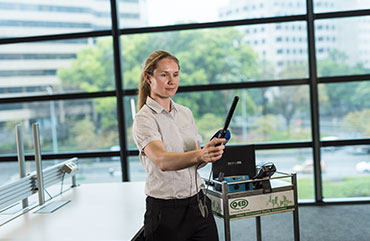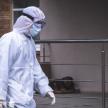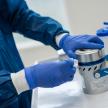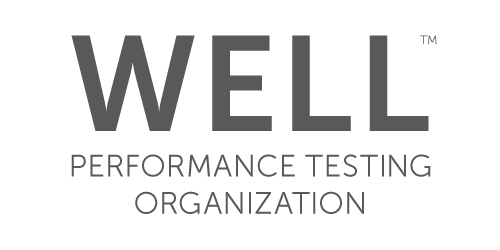Premises that have operated as clandestine drug laboratories, or clan labs, contain extremely toxic residues from the manufacture of illicit drugs. The main drug being manufactured in this manner is meth: in Illicit Drug Report 2015-16, the Australian Criminal Intelligence Commission reported that 73% of detected clan labs were manufacturing ice.
Whilst the number of detected clan labs has fallen around 8% in each of the last four years, imports of ice continue to rise – 3,000 border detections were made in 2015-16 mostly in international mail.
Of concern to public health is the toxic residue in premises used as clandestine labs in the past –extrapolating the number of clan labs detected over the last several years with estimates of detection rates of operational labs, the number of legacy contaminated premises would number over 120,000 nationally, mainly rental properties. Indeed, estimates from New Zealand, where testing for ice is mandatory, indicate that 50% of rental properties are contaminated to some extent.
Before contaminated premises may be reoccupied a professional remediation is required to remove all residual toxins. This cleaning should be undertaken by suitably qualified firms with adequate protective equipment to maintain the safety of workers.
Managing the risk starts with screening premises prior to occupation and during post-let inspections. A simple swab kit is an ideal screening tool – property managers are well placed to undertake this test themselves and results are available in minutes.
QED recommends two products:
- SKC Methcheck 500
- MMC Forensic Test Kit
We can supply either at reasonable cost to property managers, to have on hand as the need arises.
QED Environmental Services can manage the whole clan lab clean-up and remediation process:
- take initial samples to determine the degree of contamination;
- develop a scope of works and tender documentation for the remediation; and
- clearance sampling after decontamination works, to confirm the residence is safe to reoccupy.
QED staff has experience in a variety of situations involving remediation of clandestine labs, for example rental or sale of the property, or following police investigation.
For more information, or to book your consultation contact us today.
Useful Links
Read our white paper referenced in this video by clicking this link: Clandestine Laboratory Assessment and Management
Removal of Meth Contamination
Department of Health WA guidance on proper remediation of contamination from methylamphetamine or other illicit drugs can be found at: https://ww2.health.wa.gov.au/

















